Why Do Guinea Pigs Chatter Their Teeth? Understanding the Causes and Behaviors of Teeth Chattering in Guinea Pigs

Guinea pigs are adorable pets that are known for their playful and curious nature. However, sometimes they exhibit a behavior that can be concerning to their owners – teeth chattering. This sound can be alarming, as it may suggest that the animal is in distress or experiencing pain. As a guinea pig owner, it is important to understand the causes and behaviors of teeth chattering in order to provide the appropriate care and attention to your furry friend. Teeth chattering in guinea pigs can be caused by a variety of factors, including stress, excitement, pain, and aggression. It is important to observe your guinea pig’s behavior and environment to determine the underlying cause of the teeth chattering. Some guinea pigs may chatter their teeth when they are feeling threatened or intimidated by other animals, while others may do so when they are experiencing discomfort or illness. Understanding the reasons behind this behavior can help you provide the necessary care and support to your pet, and ensure their overall health and well-being.
Guinea pigs are social and active creatures that are known for their adorable behaviors. They are social animals that enjoy the company of their own kind and often form strong bonds with their owners. These rodents are crepuscular animals, meaning they are most active during the dawn and dusk hours. When happy or excited, guinea pigs may make various sounds such as chirping, purring, and teeth chattering. Teeth chattering is a unique behavior that can indicate a range of emotions, including excitement, fear, or aggression. Guinea pigs also exhibit a variety of other behaviors, such as exploring their environment, playing, and grooming themselves and their cage mates. Understanding and interpreting these behaviors can help guinea pig owners better care for their pets and strengthen the bond between them.
Teeth chattering is a common behavior in guinea pigs that can be caused by various reasons. One of the most common causes of teeth chattering is excitement or happiness. When guinea pigs get excited or happy, they may start chattering their teeth as a way to express their emotions. Another reason for teeth chattering is fear or anxiety. Guinea pigs may chatter their teeth when they feel threatened or scared. This behavior can be a way to warn other guinea pigs of danger or a signal to their owners that they need to be protected. Additionally, guinea pigs may chatter their teeth when they are in pain or discomfort. Therefore, it is essential to pay attention to the context in which your guinea pig chatters their teeth to understand their behavior better.
Communication
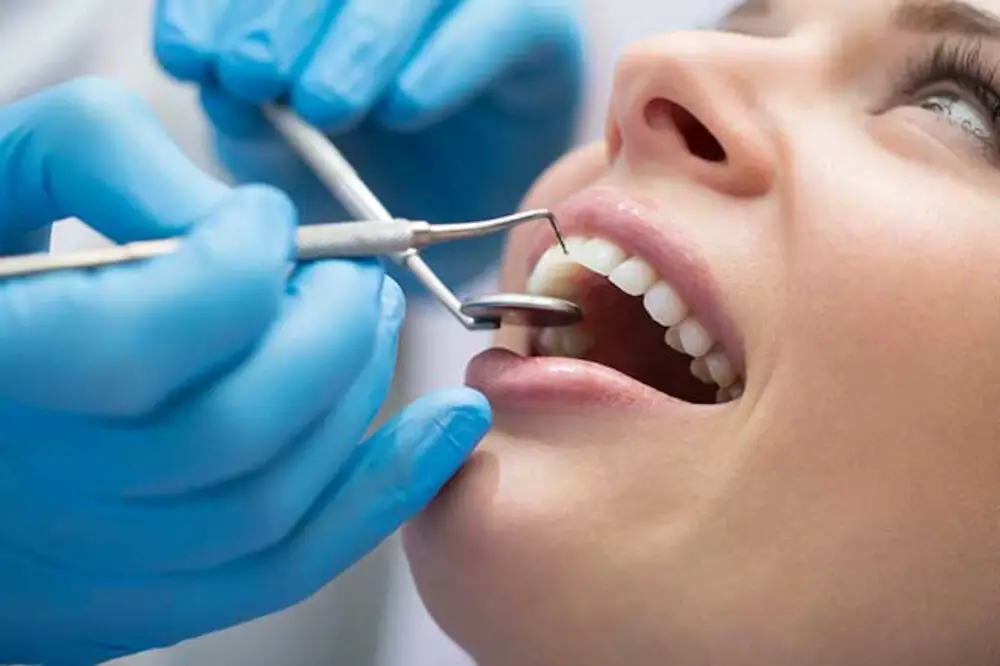
Effective communication is an essential part of any animal’s social behavior, and guinea pigs are no exception. These small, social creatures use a variety of sounds and body language to communicate with each other and their owners. One of the most common behaviors seen in guinea pig communication is teeth chattering. Teeth chattering is a common behavior observed in guinea pigs. It is a sound produced when the guinea pig grinds their teeth together, often in a repetitive and rhythmic manner. While it is not always clear what causes teeth chattering, it is generally accepted that this behavior is a sign of anxiety or fear. Guinea pigs may chatter their teeth when they are stressed, scared, or feeling threatened. Teeth chattering may also be a sign of aggression, particularly if it is accompanied by other aggressive behaviors such as biting or lunging. Despite being a common behavior, teeth chattering can be confusing for guinea pig owners. It is important to pay attention to the context in which the behavior occurs. If teeth chattering is accompanied by other signs of aggression, it may be necessary to separate the guinea pigs to prevent injury. On the other hand, if teeth chattering occurs during a bonding session, it may be a sign that the guinea pigs are starting to get along. By observing and understanding guinea pig communication, owners can better care for their pets and ensure that they are happy and healthy.
Guinea pigs are social animals that communicate with each other through a variety of vocalizations, body language, and scent marking. One of the most distinctive sounds that guinea pigs make is teeth chattering, which is a rapid grinding of their back teeth. Teeth chattering is often a sign of excitement, fear, or anxiety, and it can also be a warning to other guinea pigs to stay away. In addition to teeth chattering, guinea pigs also communicate through a variety of other sounds, including squeaks, chirps, and purrs. They also use body language to convey their moods and intentions, such as standing up on their hind legs to show dominance or crouching down to show submission. Overall, guinea pigs are highly communicative animals that use a variety of methods to interact with each other and their human caregivers.
Teeth chattering is an essential communication method for guinea pigs and plays a vital role in expressing their emotions and needs. It can signify a broad range of emotions, from excitement and happiness to fear and aggression. Guinea pigs use teeth chattering to communicate with each other, with humans and other animals. They use it as a form of warning, to express dominance, or to indicate that they are in distress. Owners of guinea pigs should pay attention to their pets’ teeth chattering and learn to interpret the different types of chatter to better understand their pet’s needs and emotions. By doing so, they can provide a more nurturing environment for their guinea pigs, helping them to feel more comfortable and secure in their surroundings.
Teeth chattering is a common behavior in guinea pigs, and it can have different meanings depending on the context. One example of teeth chattering in communication is when guinea pigs feel threatened or scared. In this case, they may produce a high-pitched chattering sound while keeping their teeth closed. On the other hand, teeth chattering can also be a sign of excitement or happiness, especially when accompanied by other behaviors such as running or popcorning. Additionally, teeth chattering can occur during social interactions, such as when guinea pigs are establishing dominance or expressing submission. Understanding the different contexts and meanings of teeth chattering can help guinea pig owners better interpret their pets’ behavior and provide appropriate care and interaction.
Emotions
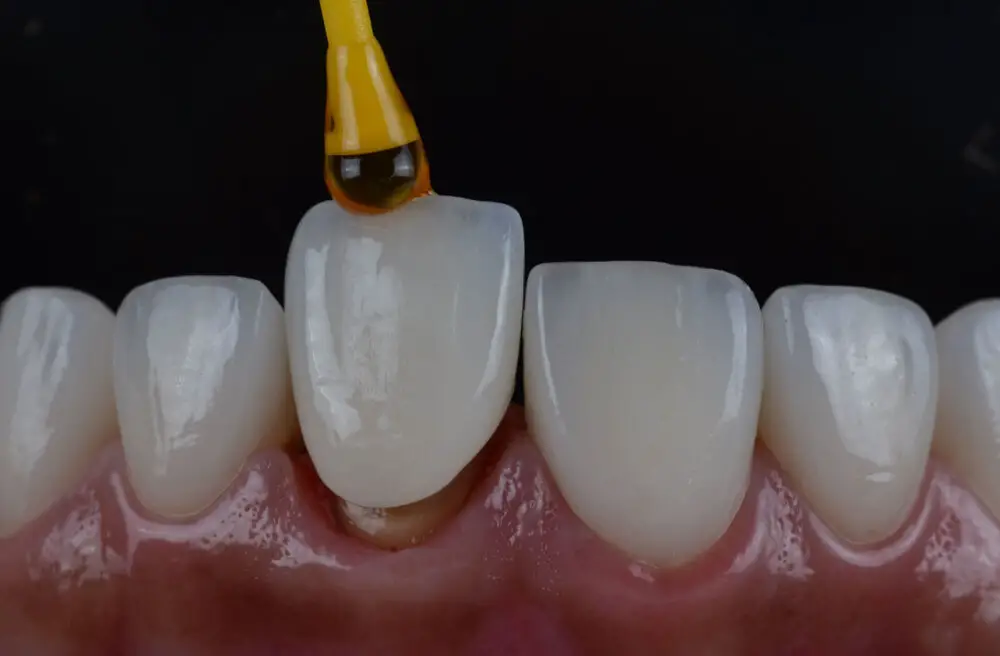
Guinea pigs are known to express a wide range of emotions, and teeth chattering is just one of the many ways they do so. Emotions are complex and multifaceted, and they play a crucial role in shaping the behavior of these adorable rodents. For instance, teeth chattering is often a sign of anxiety or fear, and it can indicate that the guinea pig is feeling threatened or uncomfortable. Likewise, when a guinea pig is happy or content, it may purr or make soft vocalizations that are indicative of its emotional state. Understanding the emotions of guinea pigs is essential for pet owners who want to provide the best possible care for their furry companions. By paying attention to their body language and vocalizations, you can learn to interpret their emotional signals and respond accordingly. Whether it’s providing a cozy hiding spot when your guinea pig is feeling anxious or spending quality time with them when they’re feeling playful, responding to their emotional needs is a crucial part of being a responsible pet owner. So the next time you hear your guinea pig chattering its teeth, take a moment to observe its behavior and try to understand what it’s trying to tell you.
Teeth chattering in guinea pigs is often an indication of various emotions that they are feeling. For instance, when guinea pigs are excited, they tend to chatter their teeth. Similarly, when they are feeling threatened, scared, or anxious, they may also start chattering their teeth. The chattering of teeth is caused by the rapid movement of the jaw muscles, and it is often accompanied by other behaviors, such as shaking or trembling. It is important for guinea pig owners to understand the various emotions that their pets may be feeling, as teeth chattering can be a sign of distress or discomfort. By identifying the cause of the teeth chattering and addressing it appropriately, owners can help their guinea pigs feel more comfortable and secure.
Teeth chattering is a common behavior in guinea pigs, but it can also occur in other animals and humans. This behavior can be a sign of different emotions such as happiness, fear, anxiety, and aggression. When guinea pigs are happy, they may chatter their teeth in a rhythmic and gentle way, often accompanied by purring or soft sounds. On the other hand, fear or anxiety can trigger rapid and loud teeth chattering, which can also be a sign of stress or discomfort. Additionally, aggressive teeth chattering can occur when guinea pigs are establishing dominance or defending their territory. Understanding the context and body language of guinea pigs can help owners interpret the meaning behind their teeth chattering behavior.
Teeth chattering in guinea pigs can be an indicator of various emotions. To determine the emotion behind this behavior, it’s essential to observe the accompanying body language and context. If a guinea pig is chattering its teeth while being petted or held, it may indicate pleasure or contentment. However, if a guinea pig is chattering its teeth while its body is tense or its ears are pinned back, it may signify fear or aggression. Additionally, teeth chattering can be a sign of pain or discomfort, so it’s essential to monitor the guinea pig’s behavior and health to ensure it’s not experiencing any underlying health issues.
Health Issues
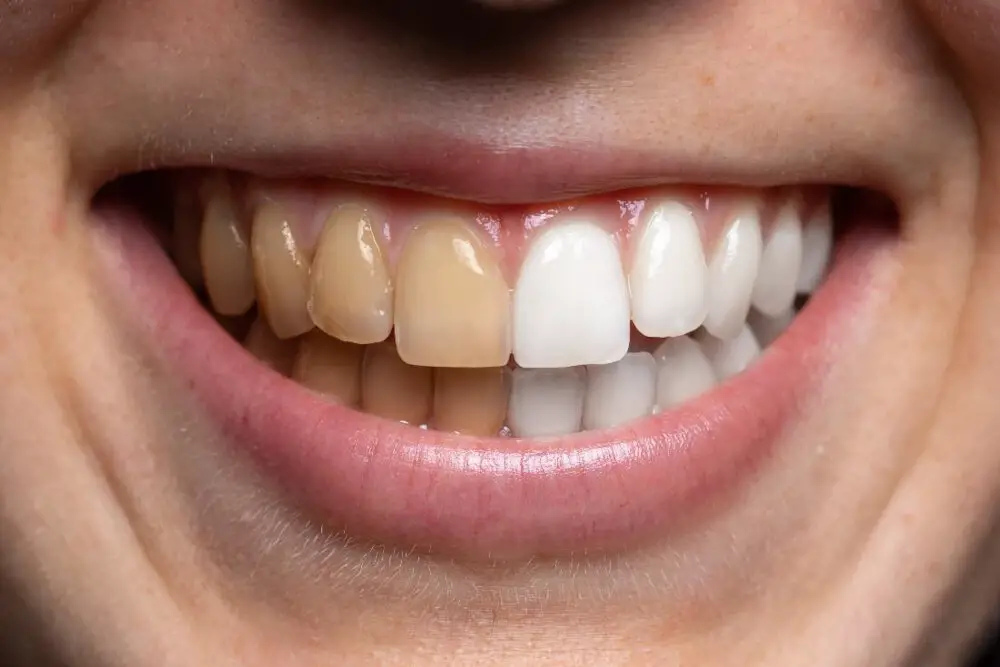
Guinea pigs are known for their cute and cuddly appearance, but they are also prone to certain health issues that owners should be aware of. One common issue is dental problems, which can lead to teeth chattering in guinea pigs. Improper diet and lack of dental care can cause overgrown teeth, abscesses, and other dental issues in these small animals. Regular veterinary checkups and a diet rich in hay and fresh vegetables can help prevent these problems and keep guinea pigs healthy. Another health issue that can affect guinea pigs is respiratory infections. These infections can be caused by bacteria, viruses, or fungi and can lead to symptoms such as coughing, sneezing, and wheezing. Guinea pigs are particularly susceptible to respiratory infections because of their small size and delicate respiratory systems. Owners should keep their pets in a clean environment, avoid exposing them to cigarette smoke or other irritants, and seek veterinary care if they suspect their guinea pig is sick. With proper care and attention, guinea pigs can live long and healthy lives.
Teeth chattering in guinea pigs can be a sign of various underlying health conditions. For instance, dental problems such as overgrown teeth or tooth decay can cause discomfort and pain, leading to chattering teeth. Similarly, respiratory infections and pneumonia can also cause guinea pigs to chatter their teeth due to difficulty breathing. Additionally, guinea pigs may chatter their teeth as a response to pain caused by arthritis or other joint problems. It is, therefore, crucial to monitor your guinea pig’s behavior and seek veterinary assistance if you notice teeth chattering or any other unusual behaviors.
Guinea pigs are adorable little critters that make great pets, but as with any animal, they can experience a range of health issues. Some common health problems that can cause teeth chattering in guinea pigs include dental problems, respiratory infections, and pain. Dental issues can occur when a guinea pig’s teeth don’t wear down properly, and this can lead to overgrowth, which can cause pain and irritation. Respiratory infections can cause teeth chattering, as well, as the guinea pig tries to clear its airways. Pain is another common cause of teeth chattering, and this can be caused by a variety of issues, such as arthritis or injury. If you notice your guinea pig chattering its teeth, it’s important to take it to the vet to determine the cause and receive appropriate treatment.
Teeth chattering in guinea pigs can be a sign of both a positive and negative behavior. However, if you notice your guinea pig constantly chattering their teeth, it may be due to health issues. Some signs of health-related teeth chattering include weight loss, lethargy, and a lack of appetite. Additionally, if your guinea pig has a respiratory infection or dental issues, they may chatter their teeth. To determine if teeth chattering is due to health issues, it’s important to observe your guinea pig’s behavior and take them to a veterinarian for a check-up. A veterinarian can examine your guinea pig and determine the underlying cause of their teeth chattering, ensuring they receive proper treatment.
Environmental Factors
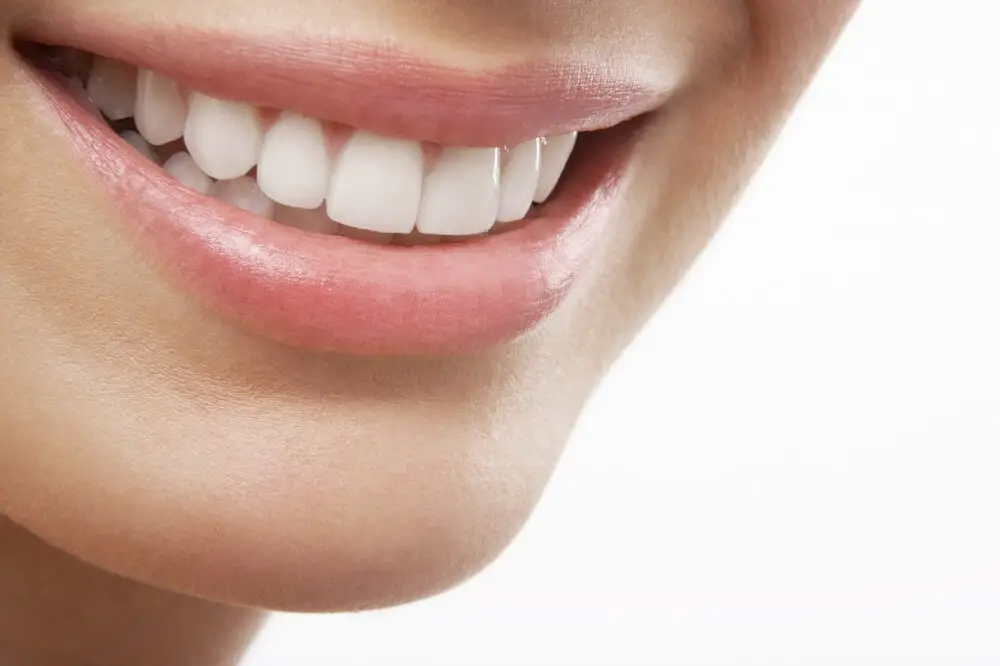
Environmental factors play a crucial role in the behavior of guinea pigs. Guinea pigs are social animals that require an environment that promotes their physical and mental well-being. The lack of appropriate environmental conditions can cause stress and anxiety in guinea pigs, which can lead to teeth chattering. The most common environmental factors that can trigger teeth chattering in guinea pigs include temperature, noise, and lighting. Guinea pigs are extremely sensitive to changes in temperature and can become uncomfortable if the temperature is too hot or too cold. In response to discomfort, guinea pigs may start chattering their teeth. Similarly, loud and sudden noises can startle guinea pigs, causing them to feel anxious and stressed, which can lead to teeth chattering. Lastly, inadequate lighting or sudden changes in lighting can cause guinea pigs to become disoriented and anxious, leading to teeth chattering. The cleanliness of the environment also plays a role in the behavior of guinea pigs. Guinea pigs are known to be clean animals that require a clean living environment. Dirty cages with soiled bedding can cause stress and anxiety in guinea pigs, leading to teeth chattering. Additionally, overcrowding can cause guinea pigs to feel stressed and anxious, leading to teeth chattering. Therefore, it is essential to maintain a clean and spacious living environment for guinea pigs to prevent teeth chattering and promote their physical and mental well-being. In conclusion, environmental factors are crucial in understanding the behavior of guinea pigs. Guinea pigs require a clean, spacious, and comfortable living environment to prevent anxiety and stress that can lead to teeth chattering.
Guinea pigs are social animals that communicate through various means, including teeth chattering. Chattering teeth in guinea pigs can be caused by environmental factors such as cold temperatures, fear, anxiety, or pain. When guinea pigs are exposed to cold temperatures, their bodies respond by increasing their metabolic rate, which generates heat. However, if the temperature drop is too rapid or extreme, guinea pigs may experience chills, causing them to chatter their teeth to generate heat and warm up their bodies. Similarly, when guinea pigs are anxious or fearful of their surroundings, their teeth may chatter as a sign of distress. Therefore, understanding the environmental factors that trigger teeth chattering in guinea pigs can help pet owners provide a comfortable and safe environment for their furry friends.
Environmental factors can significantly impact the behavior of guinea pigs, including their tendency to chatter their teeth. Temperature is one example of an environmental factor that can influence this behavior. Guinea pigs are sensitive to extreme temperatures and may chatter their teeth as a way to regulate their body temperature. Additionally, lighting can also affect guinea pig behavior. Guinea pigs are naturally crepuscular, meaning they are most active during dawn and dusk. If they are exposed to bright or constant light, they may become stressed and exhibit teeth chattering behavior. Overall, it is important for guinea pig owners to be aware of environmental factors that can impact their pet’s behavior and take steps to create a comfortable and stress-free living environment.
Determining if teeth chattering in guinea pigs is due to environmental factors requires a careful observation of their behavior. One of the first things to assess is whether the guinea pig is cold or uncomfortable, as this is a common cause of teeth chattering. Checking the temperature of their environment and ensuring that they have adequate bedding and shelter is crucial. Additionally, guinea pigs may chatter their teeth when they are feeling anxious or stressed, so it is important to consider whether any changes or disruptions have occurred in their living situation. By closely monitoring their behavior and environment, it is possible to determine whether teeth chattering in guinea pigs is due to external factors or an underlying health issue.
Teeth chattering in guinea pigs can be caused by various factors, including fear, anxiety, aggression, excitement, pain, cold, and pleasure. Fearful guinea pigs may chatter their teeth as a warning sign to potential predators, while anxious guinea pigs may do so as a way to release tension. Aggressive guinea pigs may chatter their teeth as a sign of dominance, while excited guinea pigs may do so as a way to express happiness. Guinea pigs in pain may also chatter their teeth, as well as those who are feeling cold. Lastly, some guinea pigs may chatter their teeth as a sign of pleasure, particularly when being petted or scratched. It is important for guinea pig owners to observe their pets’ behaviors and determine the underlying cause of their teeth chattering to ensure their well-being and address any potential health issues.
As a guinea pig owner, understanding the behavior of your furry friend is essential for their health and well-being. Teeth chattering is a common behavior in guinea pigs, and it can indicate different things depending on the context. For instance, guinea pigs may chatter their teeth when they are feeling happy, content, or excited, but they may also do so when they are experiencing pain, fear, or stress. Therefore, being able to interpret the meaning behind your guinea pig’s teeth chattering can help you identify potential health or environmental issues and take appropriate measures to address them. Additionally, teeth chattering can be a sign of communication between guinea pigs, so it can also enhance your bond with your pets and help you understand their social dynamics.
In conclusion, teeth chattering in guinea pigs can be caused by a variety of reasons, including fear, aggression, pain, or happiness. It is important for guinea pig owners to understand the behavior and body language of their pets to determine the cause of teeth chattering and provide appropriate care. Providing a comfortable and safe environment, regular health checkups, proper nutrition, and socialization can help prevent stress and anxiety in guinea pigs, reducing the likelihood of teeth chattering. If you notice any unusual behavior in your guinea pig or are unsure of the cause of their teeth chattering, seek advice from a veterinarian or experienced guinea pig owner. Overall, understanding the causes and behaviors of teeth chattering in guinea pigs can improve the overall health and well-being of these beloved pets.
Conclusion
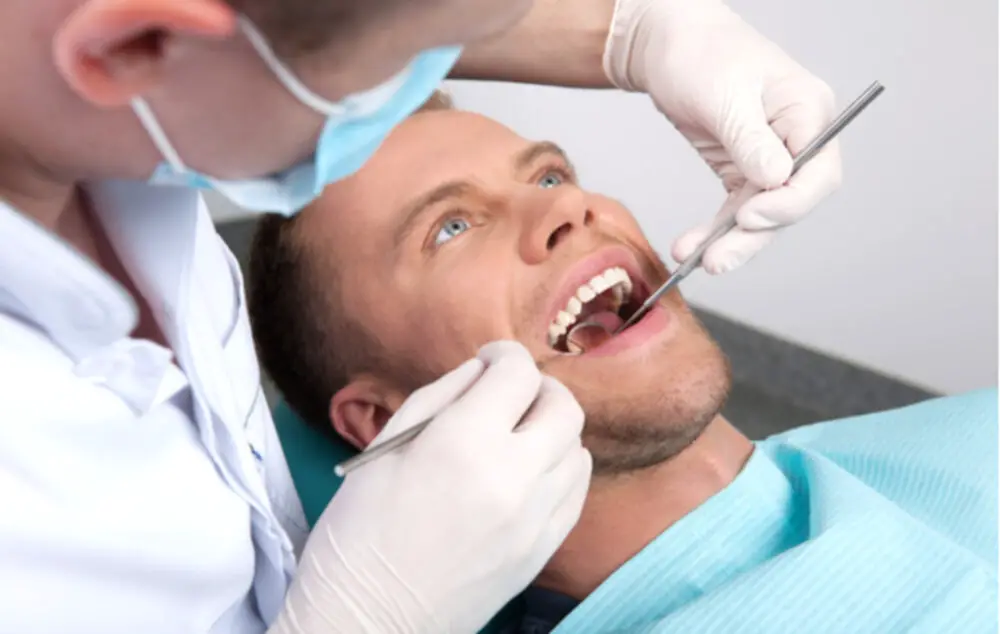
In conclusion, teeth chattering is a common behavior exhibited by guinea pigs that can have several underlying causes. It can be a sign of anxiety, pain, discomfort, pleasure, or even a means of communication. Understanding the reasons behind this behavior can help guinea pig owners provide better care for their pets and ensure their overall well-being. It is essential to observe their body language and behavior to determine the underlying cause of teeth chattering. By providing a comfortable and safe environment, regular veterinary check-ups, and proper nutrition, guinea pig owners can ensure their pets are happy and healthy. Therefore, it is crucial to pay attention to guinea pigs’ behavior and take appropriate measures to address any issues they may have to maintain a healthy and happy life.







